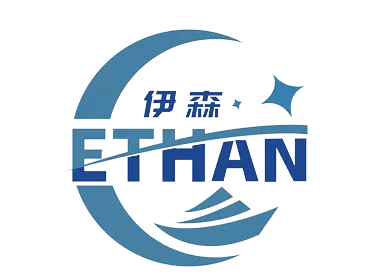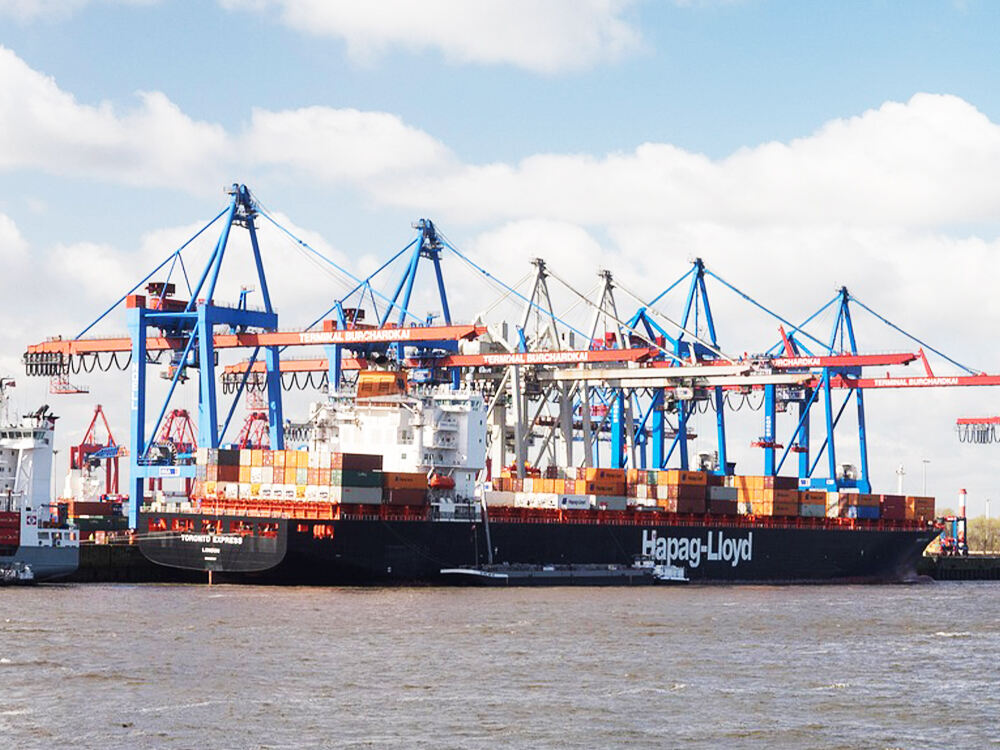Strategic Role of FCL Sea Logistics in Global eCommerce Growth
Rising Demand for Reliable International Shipping in eCommerce
The numbers tell a story we can't ignore: global online shopping is expected to hit around $7.4 trillion by 2025 according to Insider Intelligence from last year. That kind of growth creates massive headaches for companies trying to ship products efficiently across borders. Enter FCL sea logistics, which gives big sellers their own dedicated containers instead of fighting over space with other shipments. This means fewer delays and no risk of someone else's cargo getting damaged or delayed because they're sharing the same container. Looking at recent data from the Ocean Freight Forwarding Market Report in 2024, almost half (54.3%) of all international shipments now go through FCL services. Why? Because electronics manufacturers, clothing brands, and auto part suppliers make up most of what crosses oceans these days as people shop online worldwide.
How FCL Shipping Meets Cross-Border Supply Chain Needs
When companies go with FCL shipping containers instead of shared LCL options, they basically eliminate the risk of mixed cargo loads. According to Marine Insurance data from last year, this approach cuts down on product damage claims by around 31%. For items that need specific temperature controls or expensive products where every detail matters, this makes all the difference. Some big name manufacturers have actually seen their delivery schedules improve quite a bit too, with reports showing about 18% fewer delays across long ocean voyages. And let's not forget those standard sized 20 foot and 40 foot containers. They work really well with modern warehouse automation systems. Port efficiency research shows these containers can slash dock handling times by nearly half in many cases, though results do vary depending on the facility's existing infrastructure.
Case Study: Scaling a Direct-to-Consumer Brand Across Europe Using FCL
A Nordic furniture retailer achieved 140% EU market expansion within 18 months through optimized FCL strategies:
- Consolidated shipments from 14 Asian factories into weekly 40' containers
- Reduced per-unit logistics costs by 27% through max container utilization
- Implemented blockchain tracking to maintain 99.6% customs clearance success
This approach decreased average lead times from 34 to 26 days while handling 22% YoY order growth.
Integration of FCL with Omnichannel Fulfillment Networks
Today's third-party logistics companies are syncing full container load (FCL) shipments with their demand prediction software, which allows for just-in-time deliveries straight to Amazon fulfillment centers, brick-and-mortar stores, and those new urban distribution points popping up everywhere. With real time container tracking through various API systems, most sellers can keep their restock times under three days throughout nearly all Western European countries. This shows how FCL is becoming much more than just moving goods around it's actually turning into the central nervous system of modern supply chains.
Enhanced Security and Cargo Integrity in Full Container Load Shipping
FCL sea logistics support provides unparalleled security advantages for global eCommerce businesses shipping high volumes. By eliminating shared container space, this approach minimizes handling, contamination risks, and unauthorized access throughout the supply chain.
Exclusive Container Use: Reducing Risk of Damage and Theft
FCL shipping assigns exclusive container ownership to a single client, reducing cargo exposure by 83% compared to shared LCL models according to a 2024 logistics security study. This dedicated approach prevents cross-contamination from mixed shipments, mid-transit inventory losses averaging $7,500 per incident (Maritime Security Index 2023), and damage caused by frequent container repacking.
Sealed Containers and Real-Time End-to-End Tracking Solutions
Containers are sealed with tamper-proof locks at origin and monitored via IoT sensors that transmit location, temperature, and shock data. A recent analysis of factory-sealed containers showed 92% fewer customs inspections due to consistent documentation.
Protecting High-Value Goods Through Controlled FCL Handling
FCL protocols mandate specialized equipment for fragile electronics and luxury items, including climate-controlled containers maintaining ±1°C accuracy, vibration-dampening stabilization systems, and dual-authentication pickup/delivery workflows. This end-to-end control reduces insurance claims for high-value shipments by 41% annually, making FCL the gold standard for premium product logistics.
Streamlined Supply Chain Management via FCL Sea Logistics Support
Simplifying Customs Clearance with Consolidated FCL Shipments
When companies consolidate their Full Container Load (FCL) shipments, they cut down on those frustrating administrative hurdles because they just need to handle one customs declaration per container rather than dealing with dozens of separate entries for broken up cargo. What this means in practice is fewer mistakes in paperwork and faster clearance at ports, sometimes cutting processing time by around 40% according to some industry data from recent years. Take the case of an FCL container packed with 500 pallets worth of consumer electronics. Instead of facing mountains of paperwork for each item type, customs officials only need to check one tariff code and review a single invoice, which makes the whole international shipping process much smoother for everyone involved.
The Role of Freight Forwarders in Managing Global FCL Operations
When it comes to full container load sea shipping, freight forwarders really step up their game by handling all those complicated carrier deals, getting ports lined up properly, and keeping everything in check with local trade rules. Experts say companies using these services typically save around 7 to 10 days on transit time versus trying to manage shipping themselves according to recent logistics research from last year. This makes a big difference for brands wanting to keep their stock levels matching what customers are buying in different regions. Plus, most forwarders now use online tracking systems that show exactly where containers are at any given moment. A whopping 68 percent of people who run supply chains consider this kind of visibility absolutely essential if they want to avoid late deliveries and keep customers happy.
Reducing Logistics Complexity for Multinational eCommerce Brands
The standardized container protocols used in FCL operations make things much easier when dealing with international shipping because they get rid of those messy situations where different types of cargo are mixed together. Companies that regularly ship over 20 containers each month have seen pretty impressive results too. They're reporting about 31 fewer lost shipments and their docks are turning around cargo about 22% faster than before. Another big plus is how centralized FCL management works for insurance purposes. When shipping valuable items, having one single insurance policy covers everything instead of dealing with multiple policies. For perishable goods, there's also better control over temperature requirements throughout the entire supply chain. Consolidating all these shipments saves money on extra warehouse space that companies would otherwise need. Plus, people working with inventory don't spend as much time fixing mistakes in records anymore. Some businesses say this cuts down on those kinds of errors by almost two thirds.
FAQ
What is FCL shipping?
FCL, or Full Container Load, refers to a shipping method where a single company uses an entire container for their goods, eliminating the risks associated with sharing space.
How does FCL sea logistics benefit eCommerce businesses?
FCL logistics significantly reduce risks of damage, delay, and theft, helping eCommerce businesses manage costs and efficiency better.
Why is FCL preferred over LCL for international shipments?
FCL is often preferred because it minimizes handling, reduces cargo exposure, and typically leads to faster customs clearance.
How do freight forwarders enhance FCL operations?
Freight forwarders manage carrier deals, port arrangements, and ensure compliance with trade rules, saving transit times and providing visibility for shipments.
What security measures are used in FCL shipping?
Security measures include exclusive container use, tamper-proof seals, IoT monitoring, and specialized equipment for high-value goods.


